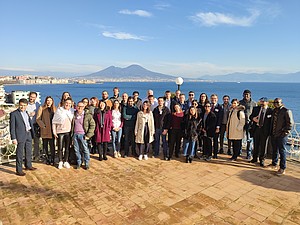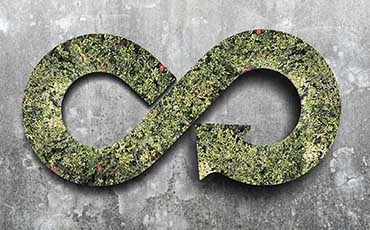
Theme D: Circular Economy
The business-as-usual paradigm has relied on a linear economy in which companies have harvested and extracted materials, converted these raw materials into products which are sold to consumers who discard them when no longer desired. This so-called ‘take-make-waste’ model acts with disregard to the finiteness of our ecological systems. It assumes that the supply of natural resources and the capacity of the environment to absorb waste and pollution is endless.
Greater understanding and awareness of the deterioration of our ecological systems, coupled with rising and volatile natural resource prices are causing many companies to fundamentally rethink their linear business models.
The circular economy seeks to mimic natural systems to design production and consumption systems that are restorative or regenerative. A circular economy aims to eliminate waste by designing products that will re-enter either the biological or technical cycle after use. Products are eliminated of toxic chemicals and are looped in a cascade of technical cycles through reuse, repair and remanufacturing. The circular economy is fueled on renewable energy and creates ecologies of companies utilizing the by-products of each’s processes as resource inputs within closed systems.
Our center is focused on how companies innovate new business models for the circular economy. Firms are attracted to the concept with opportunities such as increased profitability, resilience to resource shocks and greater connections to their consumers. However, firms face multiple challenges in considering which business models will be successful in the marketplace. Restrictions on the acceptance of the consumer for remanufactured products or leasing models for instance are key challenges. Our research seeks to understand how firms take into consideration such challenges when innovating circular business models, asking what organizational practices, information and relationships are required.
Realising the Transition to the Circular Economy ReTraCE is a research project funded by Horizon 2020 EU’s Marie Skłodowska-Curie Innovative Training Networks and will support the implementation of the European Commission’s Circular Economy strategy.
Rotterdam School of Management, Erasmus University (RSM) is one of the ten international institutions joining the project, linking CE with business practices and guiding organizations to successfully implement the CE principles.



